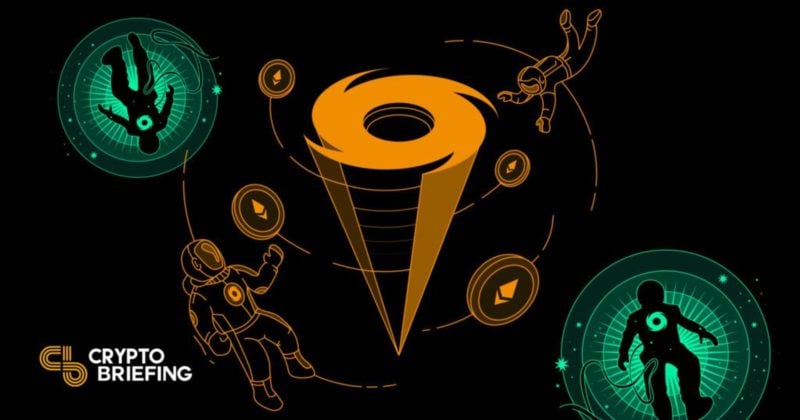ARTICLE AD
The trade body has now made some public comments regarding the findings it made after successfully completing the experimental phase of the Regulated Liability Network (RLN).
Key Notes
The UK processes $14.52 trillion in payments yearly, requiring improved payment facilitation.The RLN, using blockchain, enables innovative financial capabilities like programmable payments.Collaboration with regulators is crucial for reducing fraud and lowering failed payment costs.UK Finance, the United Kingdom’s finance trade body, has revealed that it is highly optimistic about blockchain technology coming through for the nation’s finance industry. That is, in the area of payments and settlements.
According to UK Finance, the UK currently processes $14.52 trillion worth of payments yearly, suggesting that the country needs all the help it can get with facilitating those payments.
Blockchain Could Transform UK Payments – UK Finance Declares
To this end, the trade body has now made some public comments regarding the findings it made after successfully completing the experimental phase of the Regulated Liability Network (RLN).
The RLN, meanwhile, is a blockchain-based ledger for central bank digital currencies (CBDC) and tokenized assets. UK Finance experimented the network with 11 banks, and per its findings, the RLN is purely innovative and comes with advanced, new financial capabilities such as programmable payments.
Additionally, the trade group sounded a note of warning that, though the progress made so far is commendable, work is not yet completely done on the RLN. The group cited that there is a need to collaborate and engage more with regulators and other public bodies” to fully develop the RLN. According to the agency, this move will not only reduce fraud but also bring down the cost of failed payments.
At the moment, UK Finance believes that the legal and regulatory framework that is currently available in the country is more than enough to support this “platform for innovation.” However, even at that, there is a need for all hands to be on deck for better engagement and the ultimate implementation of these regulations. This position is held by Jana Mackintosh, UK Finance’s managing director of payments, whose statement reads:
“The private sector wants to invest in the future of commercial bank money, and a partnership with regulators is the best way of successfully making this happen.”
According to Mackintosh, the RLN uses distributed ledger technology (DLT) and is mainly targeted at commercial banks. That is, to help them process what is said to be about $14.52 trillion (11 trillion British pounds) worth of payments processed every year in the UK.
The ledger can conveniently hold wholesale CBDCs, commercial bank money, and electronic money all at once.
Experiment Turns into Innovation
For record purposes, the trade group began its RLN experiments in April, working with Barclays, HSBC, Mastercard, Citi, Lloyds, Nationwide, NatWest, Visa, Santander, Standard Chartered, and Virgin Money.
While all previous works were merely experiments, the results, according to the organization, have been more than convincing. The possibility of integrating both wholesale CBDCs and electronic money into one ledger speaks volumes. Most especially as it is set to help U.K. banks handle their very large payment processes.
Disclaimer: Coinspeaker is committed to providing unbiased and transparent reporting. This article aims to deliver accurate and timely information but should not be taken as financial or investment advice. Since market conditions can change rapidly, we encourage you to verify information on your own and consult with a professional before making any decisions based on this content.

Mayowa is a crypto enthusiast/writer whose conversational character is quite evident in his style of writing. He strongly believes in the potential of digital assets and takes every opportunity to reiterate this. He's a reader, a researcher, an astute speaker, and also a budding entrepreneur. Away from crypto however, Mayowa's fancied distractions include soccer or discussing world politics.

 2 months ago
21
2 months ago
21 

